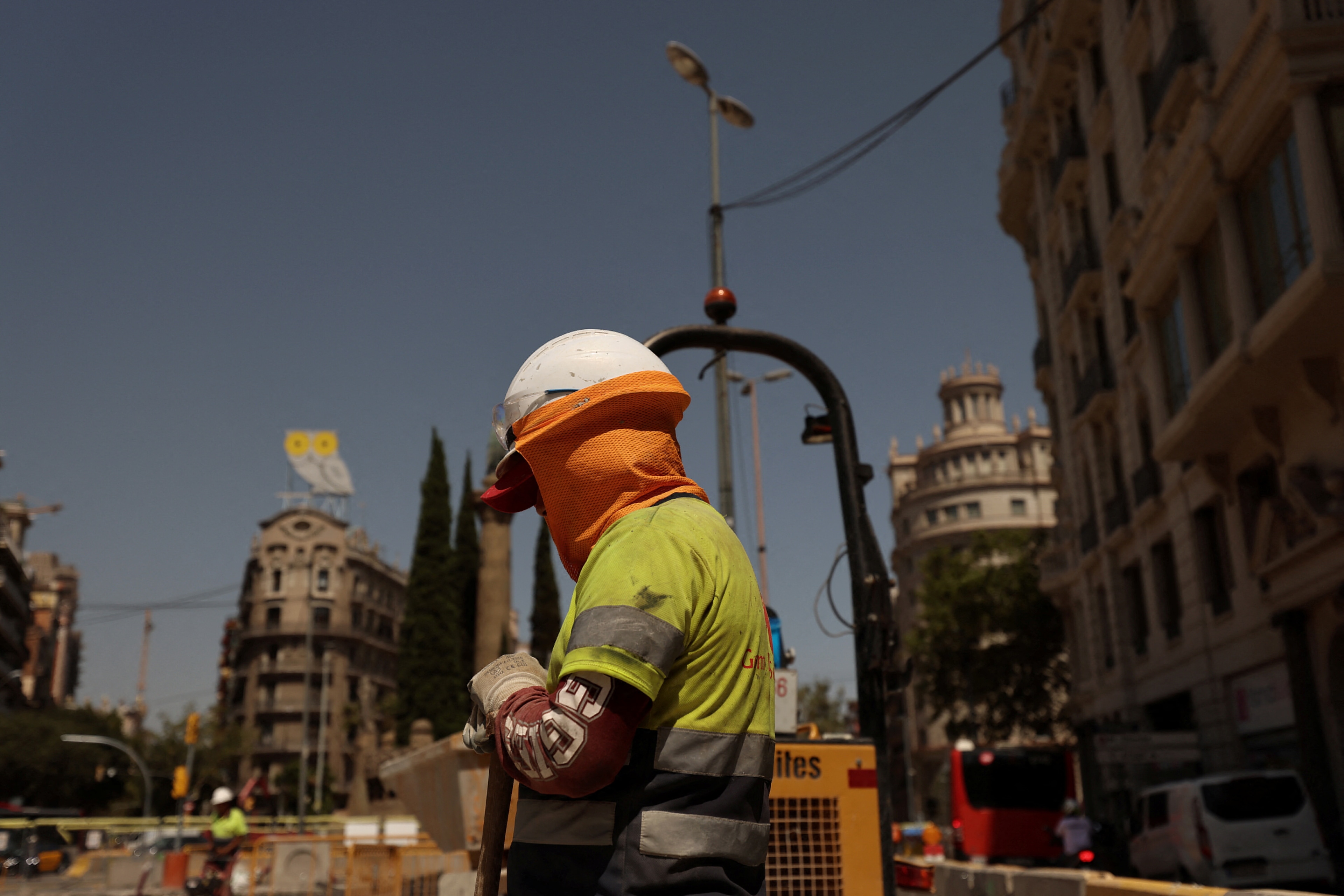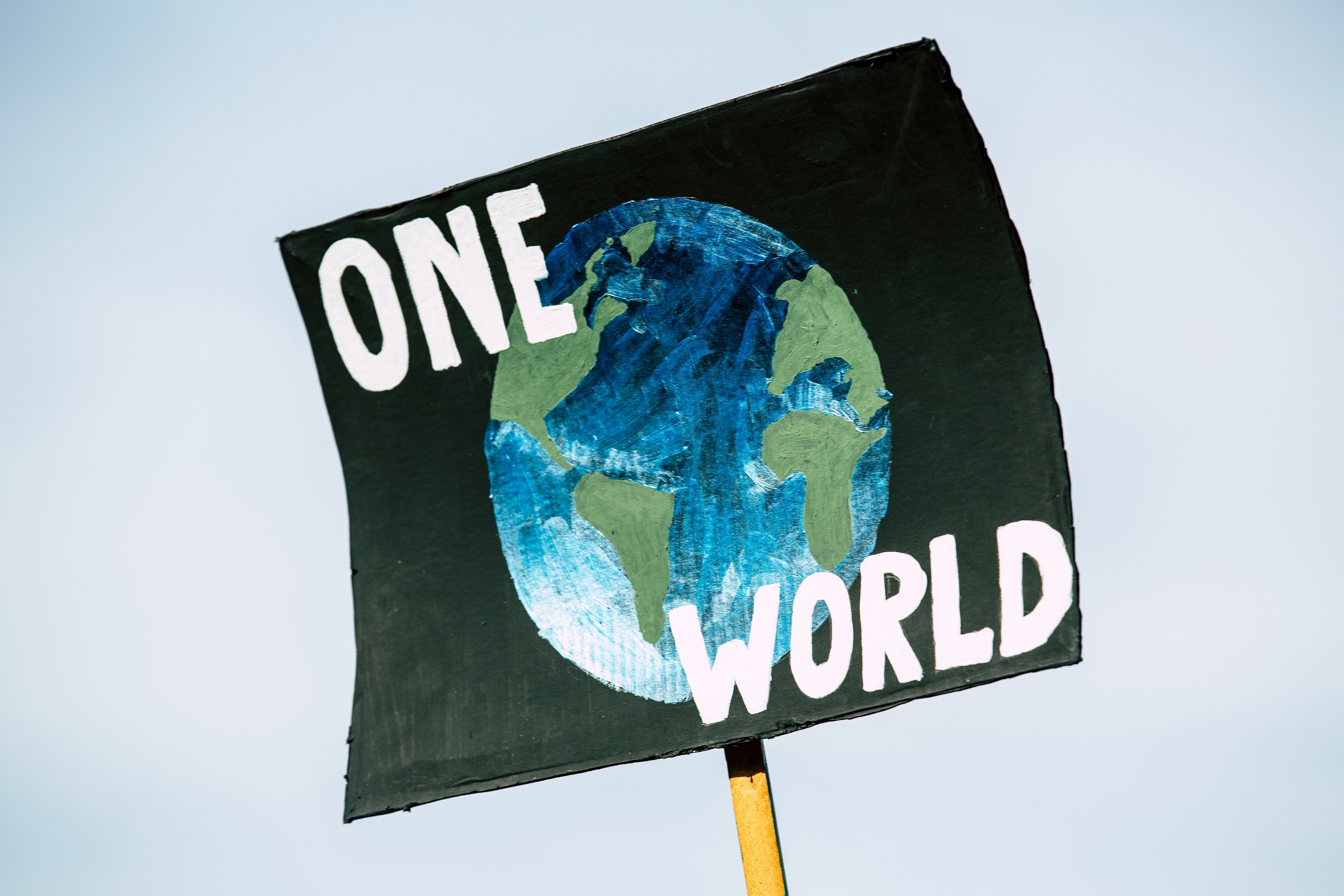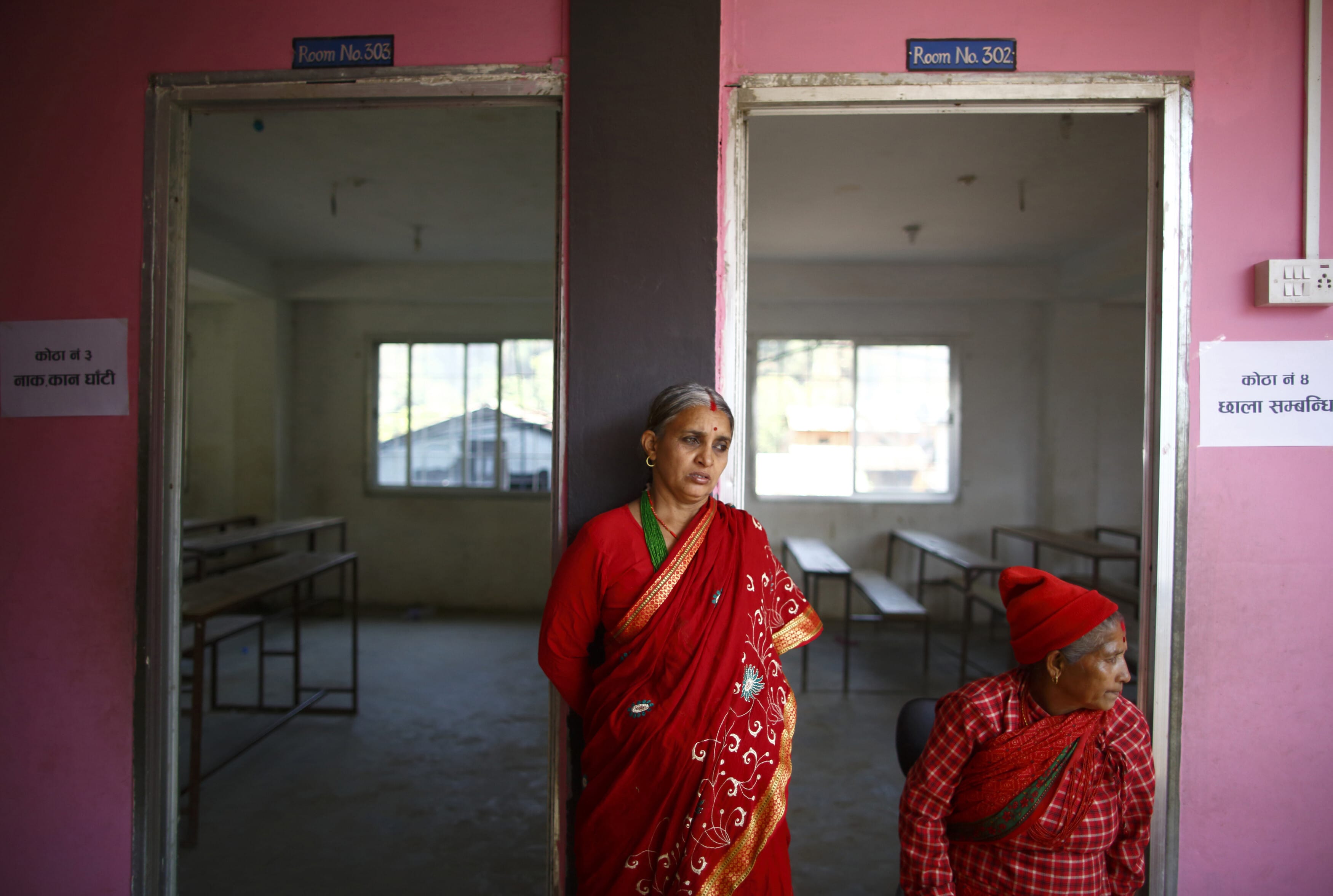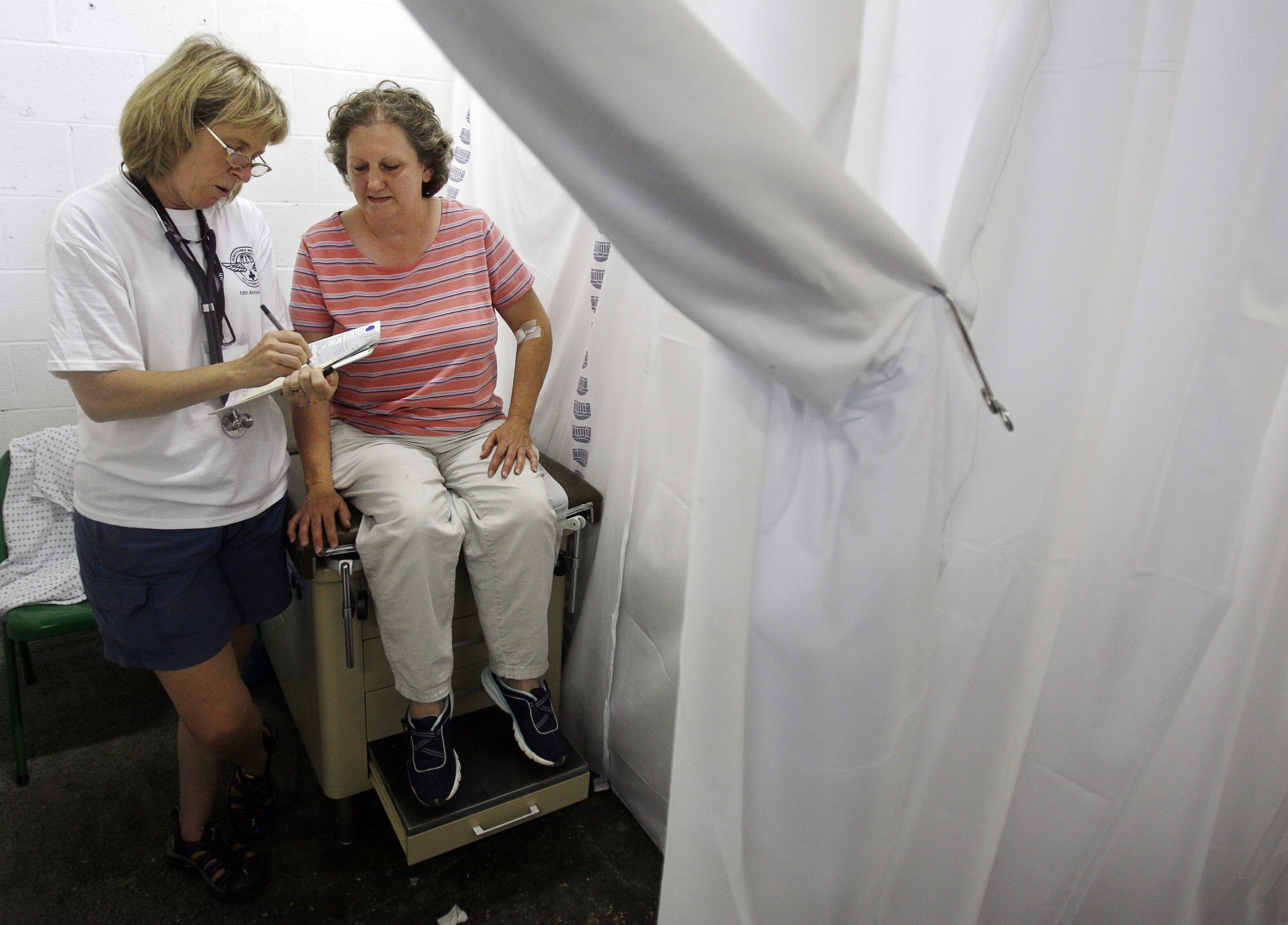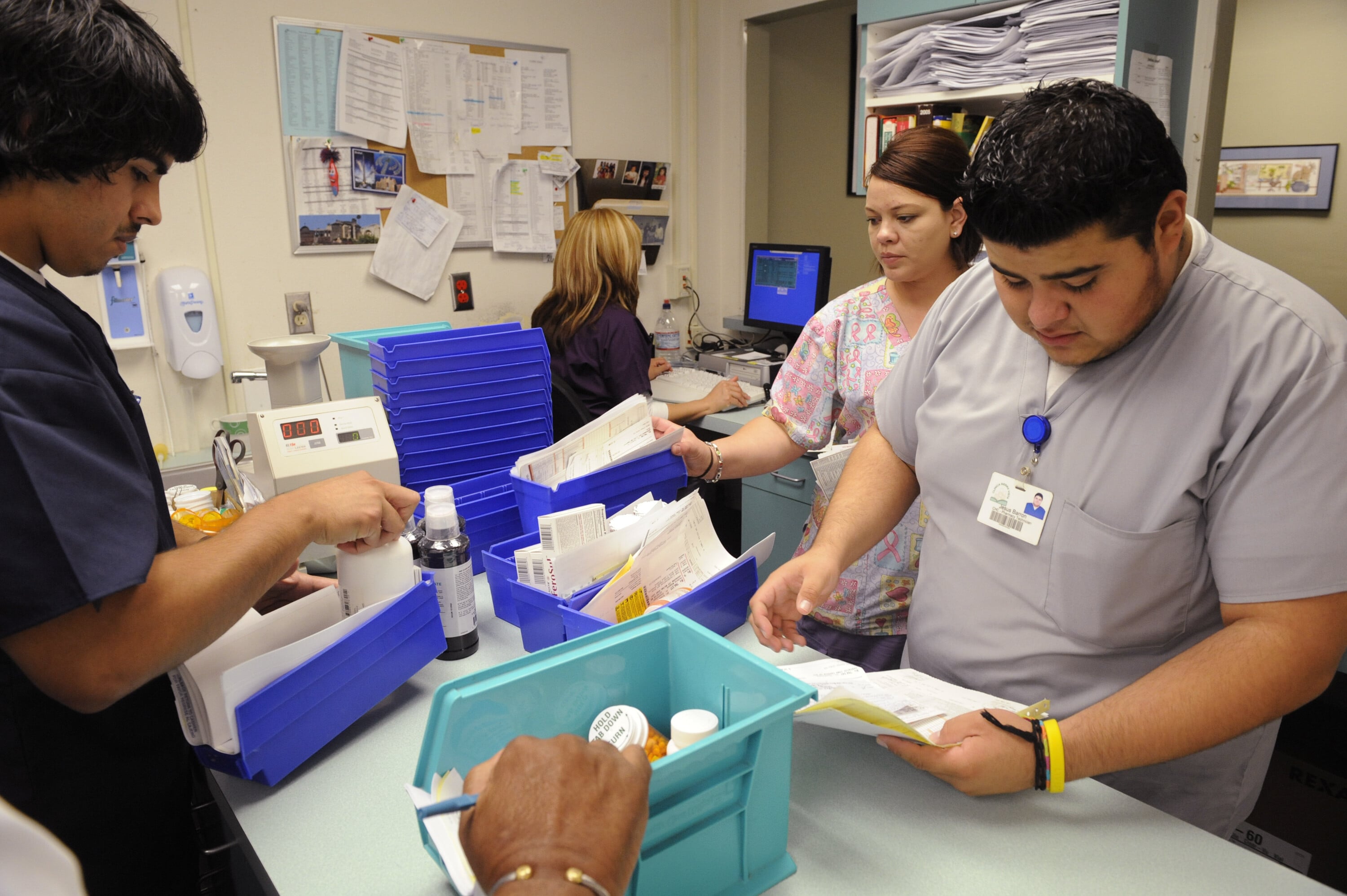This is how cities are helping homeless people self-isolate

Homeless people are one of the groups at greatest risk of contracting and dying from COVID-19.
Image: REUTERS/Guglielmo Mangiapane
Stay up to date:
Global Health
- Homeless people are more likely to have underlying health conditions than the wider population, which puts them at greater risk of dying from COVID-19.
- California’s Governor estimates that up to 60,000 homeless people in the state could end up infected with COVID-19.
- Cities around the world are coming up with contingency plans – London’s Mayor is making 300 hotel rooms available so homeless people can self-isolate.
People around the world are self-isolating at home to try to stem the spread of COVID-19.
But what if you live on the streets? What if you have to share a cramped space in an emergency shelter or temporary accommodation?
Already among society’s most vulnerable, homeless people are one of the groups at greatest risk of contracting and dying from COVID-19.
The virus hits older people and those with underlying health conditions hardest. Homeless people are three times more likely to have chronic diseases than the wider population – respiratory and heart problems in particular.
What is the World Economic Forum doing about the coronavirus outbreak?
Homeless people are also less able to distance themselves from others and to wash their hands frequently, both of which are important measures to protect against the virus.
Homelessness charities and outreach service providers in countries including Australia, Canada and the United Kingdom have warned of the enormous challenges homeless people – and the front-line workers supporting them – face in the coming weeks and months.
Accept our marketing cookies to access this content.
These cookies are currently disabled in your browser.
The Mayor of London, Sadiq Khan, has responded to calls to help homeless people self-isolate by making 300 hotel rooms available.
The Mayor’s team is working with the Intercontinental Hotels Group (IHG) to block-book the rooms in two central London hotels for a trial period of 12 weeks.
A day earlier, California Governor Gavin Newsom announced a goal of providing 51,000 hotel rooms across the state for homeless people. At the time, 2,000 hotel rooms had been lined up and 1,300 trailers ordered.
California has more than 150,000 homeless people – the most of any state in the US – and Governor Newsom estimates that up to 60,000 could end up infected.
In Seattle, which saw the first known case of COVID-19 in the US, outreach workers are working on social distancing in shelters, according to reports.
The city’s Mayor, Jenny A. Durkan, has announced plans to open emergency quarantine and isolation sites and to provide accommodation for homeless people in “tiny house villages”.
Paris has also opened self-isolation centres with hundreds of beds for homeless people who test positive for COVID-19 but who do not need to be hospitalized.
Don't miss any update on this topic
Create a free account and access your personalized content collection with our latest publications and analyses.
License and Republishing
World Economic Forum articles may be republished in accordance with the Creative Commons Attribution-NonCommercial-NoDerivatives 4.0 International Public License, and in accordance with our Terms of Use.
The views expressed in this article are those of the author alone and not the World Economic Forum.
Related topics:
Forum Stories newsletter
Bringing you weekly curated insights and analysis on the global issues that matter.
More on Health and Healthcare SystemsSee all
Andrea Willige
September 22, 2025
David Elliott
September 22, 2025
Amira Ghouaibi
September 22, 2025
David Elliott
September 19, 2025
Nina Rawal and Dorothy Chou
September 18, 2025
Eric White and Elia Tziambazis
September 18, 2025

